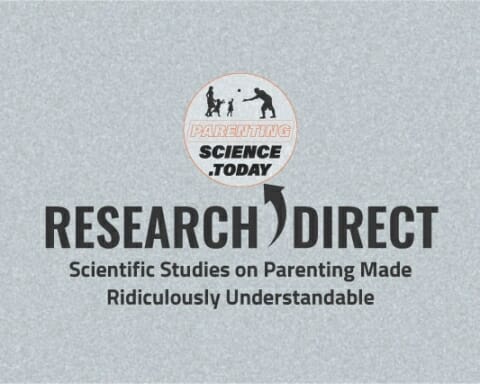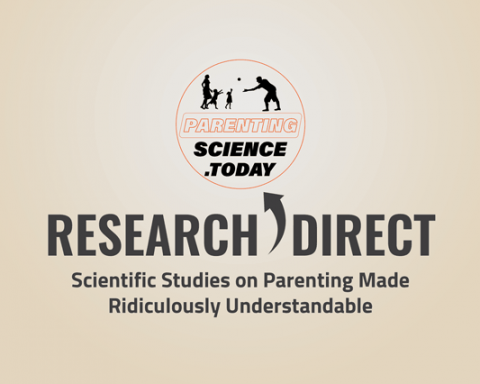Some studies have shown that babies who are small for their gestational age have higher cardiovascular health risks than those born with adequate weight and height. Some experts encourage measures that promote postnatal growth in an effort to reduce these effects. However, there is evidence that increasing postnatal nutrition in premature infants actually raises rather than lowers the subsequent cardiovascular risk in the long run.
Previous trials have demonstrated a positive correlation between greater weight at one year of age and a lower risk of later cardiovascular diseases, suggesting that the promotion of infant growth may be beneficial for future health. However, intervention studies in animals indicate that boosting early growth with a higher nutrient intake increases later cardiovascular risk.
How Did They Prove It?
To study the effects of early weight gain in infants, some British researchers decided to carry out a study titled “Promotion of Faster Weight Gain in Infants Born Small for Gestational Age. Is There an Adverse Effect on Later Blood Pressure?” in which they investigated the impact of early nutrition and weight gain on later cardiovascular diseases.
They studied term infants who were born small for their gestational age from five different hospitals. The infants were randomly assigned at birth to receive either a nutrient-enriched formula that promoted growth or a standard formula. The enriched formula contained 28 percent more protein than the standard formula.
Formulas were assigned until the infants were nine months old. Anthropometric and demographic information was obtained. Social class was based on the occupation of the parent providing the main financial support for the family, according to the registrar general’s classification.
The researchers’ main focus was on the infants’ blood pressure, an established risk factor for cardiovascular disease known to be programmed by early nutrition, even into adult life. They measured the blood pressures of 153 out of 299 (51 percent) children born small for their gestational age when they reached six and eight years of age.
All children who were alive, traceable, and willing to participate were reviewed in their homes after written consent was obtained from the children’s parents or guardians.
Interesting and Polemic Results
Researchers found that the consumption of a nutrient-enriched formula resulted in higher blood pressure in small-for-gestational-age infants. They postulate that these effects are due to the faster weight gain in infancy promoted by the nutrient-enriched diet. These findings prove that early nutrition has a major impact on the long-term cardiovascular health of infants born at term, as seen previously in experimental studies performed with preterm infants.
This study has important implications for infant nutrition policy. The data indirectly supports breastfeeding, which is associated with slower weight and height gain in infancy and thus discourages faster weight gain in term infants who are born small for their gestational age. Therefore, even though there are detractors, breastfeeding is the ideal method even for infants who are small for their gestational age, regardless of whether the growth rate is slower, since it protects children against cardiovascular diseases.
Overall, faster weight gain and height increase have been consistently associated with subsequent higher blood pressure in older children. Evidence from animal studies as well as studies with preterm infants, small-for-gestational-age infants, and healthy term infants all argues against the promotion of faster weight gain during infancy. However, mothers of children who are small for their gestational age should often visit the pediatrician’s office to assess the health of their babies and receive appropriate guidance for their condition.












